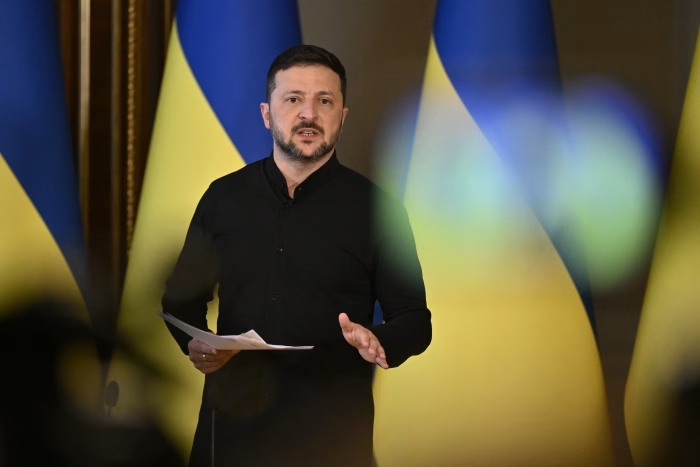The world is watching as a potential breakthrough in the Russia-Ukraine conflict looms, with peace talks scheduled in Istanbul, Turkey, on May 15, 2025. The talks, which could mark the first direct negotiations between Kyiv and Moscow since March 2022, hang in the balance as Ukrainian President Volodymyr Zelensky challenges Russian President Vladimir Putin to attend in person. U.S. President Donald Trump has added pressure, vowing to join the summit if Putin shows up, raising hopes for a historic meeting that could pave the way for peace.
The road to this moment began when European leaders, including those from Germany, France, Poland, and the UK, issued a ceasefire-or-sanctions ultimatum to Russia on May 10, 2025, demanding a 30-day ceasefire or facing severe new sanctions targeting Russia’s financial and energy sectors. Putin sidestepped the demand, instead proposing direct talks, a move many see as a stalling tactic. Zelensky seized the opportunity, announcing he would attend the talks in Istanbul but only if Putin himself is there, arguing that “everything in Russia depends on Putin.” Trump, currently on a Middle East tour, has expressed willingness to attend, calling the potential meeting “absolutely incredible” and suggesting it could lead to peace “pretty fast.”
The stakes are high. Zelensky has made it clear that a ceasefire must come before any meaningful negotiations, accusing Putin of “playing games” and “lying” to Trump about his intentions. Ukrainian officials, including Andrii Yermak, head of the presidential office, emphasize that negotiations are impossible while Russian attacks continue, with recent drone strikes injuring 16 people in Russia’s Belgorod region. On the Russian side, Deputy Foreign Minister Sergei Ryabkov claims Moscow is ready for “serious talks” but doubts Kyiv’s willingness to negotiate, insisting that Ukraine must recognize Russia’s annexation of occupied territories—a non-negotiable demand for Ukraine and its allies.
The talks are further complicated by uncertainty over who will represent Russia. While Kyiv has confirmed Zelensky’s travel to Ankara to meet Turkish President Recep Tayyip Erdogan before heading to Istanbul, Moscow has yet to name its delegation, with reports indicating Foreign Minister Sergei Lavrov will not attend. Kremlin officials have downplayed the likelihood of Putin’s attendance, calling Zelensky’s challenge “theatrics” and suggesting lower-level diplomats may represent Russia instead. This has led to speculation that Putin is avoiding the summit to maintain his narrative that Zelensky’s government is illegitimate.
Turkey, a NATO member with a history of mediating between Russia and Ukraine, is hosting the talks, leveraging its unique position as a bridge between the two sides. The presence of U.S. officials, including Trump’s envoy Steve Witkoff, Secretary of State Marco Rubio, and special envoy Keith Kellogg, signals strong American interest in the outcome, though their role will likely be observational.
The potential outcomes of the summit are unclear. Zelensky insists that an unconditional 30-day ceasefire is the only acceptable starting point, while Putin has vaguely referenced addressing the “root causes” of the conflict, including Russia’s objections to Ukraine’s sovereignty and NATO’s expansion—issues that Ukraine and its allies refuse to concede. The last round of talks in 2022 collapsed after evidence of Russian atrocities in Bucha, and the vast gap between the two sides’ positions suggests that immediate results are unlikely. However, even a face-to-face meeting would be a significant step, potentially opening the door to a ceasefire.
If Putin does not attend, Zelensky could use the opportunity to highlight Russia’s lack of commitment to peace, particularly to Trump, who has recently questioned Putin’s sincerity after discussions with Zelensky. European leaders, including French President Emmanuel Macron and German Chancellor Friedrich Merz, have warned of new sanctions if Russia fails to agree to a ceasefire, adding pressure on Moscow.
As the world awaits confirmation of the Russian delegation, the Istanbul talks represent a critical moment in the Russia-Ukraine war. Will Putin take the risk of meeting Zelensky face-to-face, or will he avoid the summit, potentially escalating tensions with new sanctions? The answers could shape the future of the conflict and the region.
